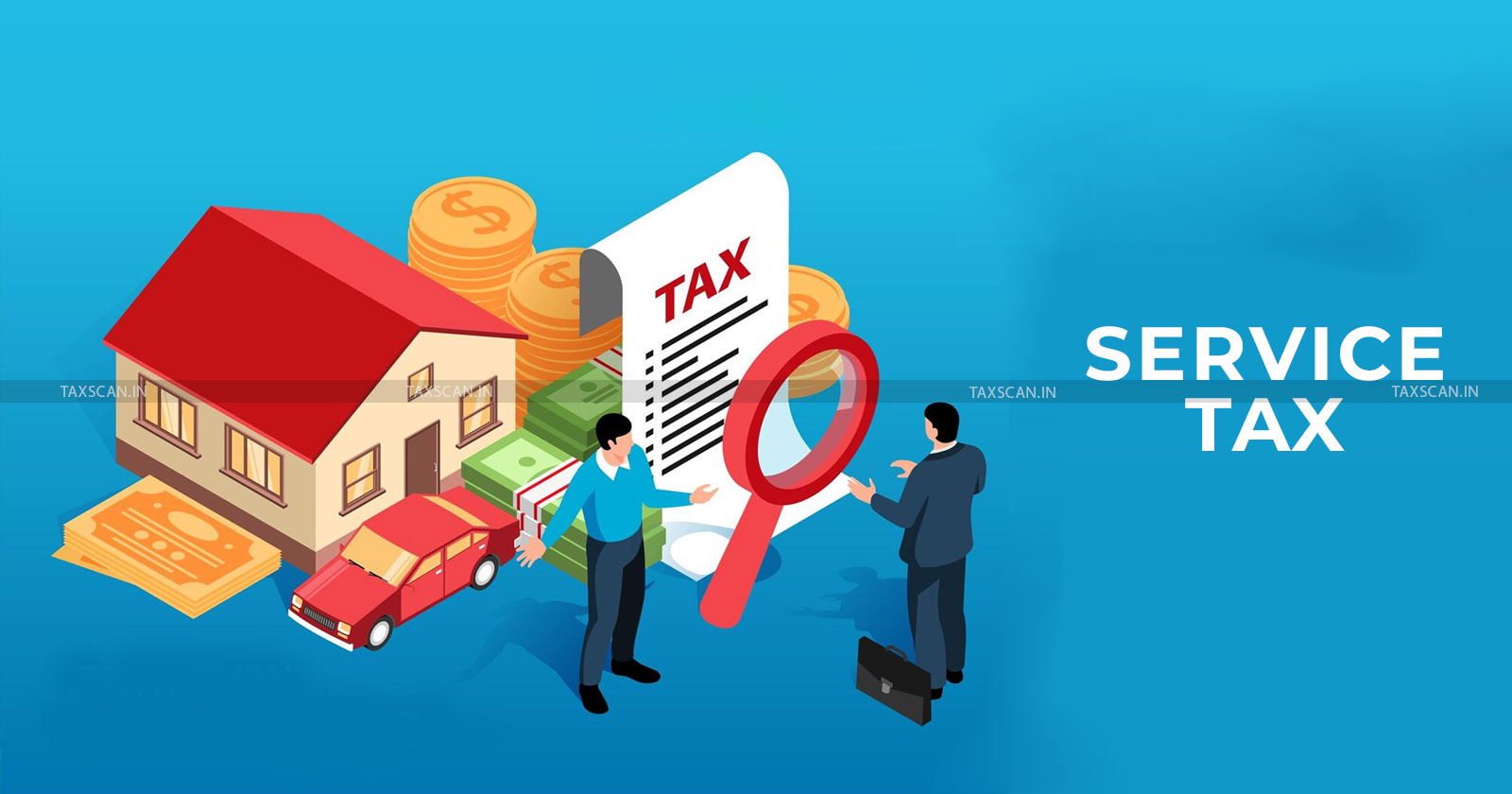Supreme Court Upholds Fees Collected by Electricity Regulators Are Not Liable to GST, Dismissing DGGI’s Challenge [Read Order]
The Supreme Court upheld the Delhi High Court’s ruling that fees collected by electricity regulators are not liable to GST, dismissing the Revenue’s challenge
![Supreme Court Upholds Fees Collected by Electricity Regulators Are Not Liable to GST, Dismissing DGGI’s Challenge [Read Order] Supreme Court Upholds Fees Collected by Electricity Regulators Are Not Liable to GST, Dismissing DGGI’s Challenge [Read Order]](https://images.taxscan.in/h-upload/2025/08/28/2081650-supreme-court-electricity-regulators-gst-dggis-challenge-dismissing-dggis-challenge-taxscan.webp)
The Supreme Court of India upheld the Delhi High Court’s ruling that fees collected by electricity regulators are not liable to Goods and Services Tax (GST).
The Central Electricity Regulatory Commission (CERC) and Delhi Electricity Regulatory Commission (DERC) had approached the Delhi High Court challenging the show cause notices issued by GST authorities.
The notices demanded tax on tariff fees, licence fees, and filing fees collected by the regulators, treating them as “support services” to electricity transmission and distribution. The regulators argued that their functions are statutory in nature, carried out under the Electricity Act, 2003, and have all the trappings of a tribunal.
 Also Read:Service Tax Cannot Be Levied on TDS Paid to Govt on Behalf of Foreign Service Provider: CESTAT [Read Order]
Also Read:Service Tax Cannot Be Levied on TDS Paid to Govt on Behalf of Foreign Service Provider: CESTAT [Read Order]
They submitted that such regulatory activities cannot be classified as business or commercial services for GST purposes.
On the other hand, the revenue argued that the fees collected by CERC and DERC were consideration for services rendered and thus taxable under the GST law. They argued that only adjudicatory functions could be exempt, while regulatory functions should be treated as taxable services.
Comprehensive Guide of Law and Procedure for Filing of Income Tax Appeals, Click Here
The revenue pointed out that CERC itself admitted collecting significant amounts of fees and claimed that these were in the nature of business receipts.
The Delhi High Court observed that under the CGST Act, services rendered by a court or tribunal are excluded from GST by Schedule III. It further observed that the functions of CERC and DERC could not be separated into adjudicatory and regulatory parts, as both are statutory functions performed by bodies with tribunal-like powers.
 Also Read:Chlorine Supplied Free by Service Recipients not Part of Gross Amount Charged for Service Tax Calculation: CESTAT [Read Order]
Also Read:Chlorine Supplied Free by Service Recipients not Part of Gross Amount Charged for Service Tax Calculation: CESTAT [Read Order]
The court explained that even if the fees collected were to be treated as consideration, they were not received in the course or furtherance of business. The High Court quashed the show cause notices and set aside related orders against CERC and DERC.
The revenue challenged this judgment before the Supreme Court. The bench of Justices J.B. Pardiwala and R. Mahadevan, after condoning the delay, dismissed the Revenue’s petitions. The Supreme Court observed that there were no good grounds to interfere with the Delhi High Court’s decision and upheld its ruling in favor of CERC and DERC.
Support our journalism by subscribing to Taxscan premium. Follow us on Telegram for quick updates


